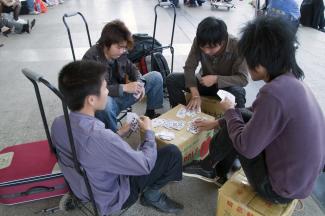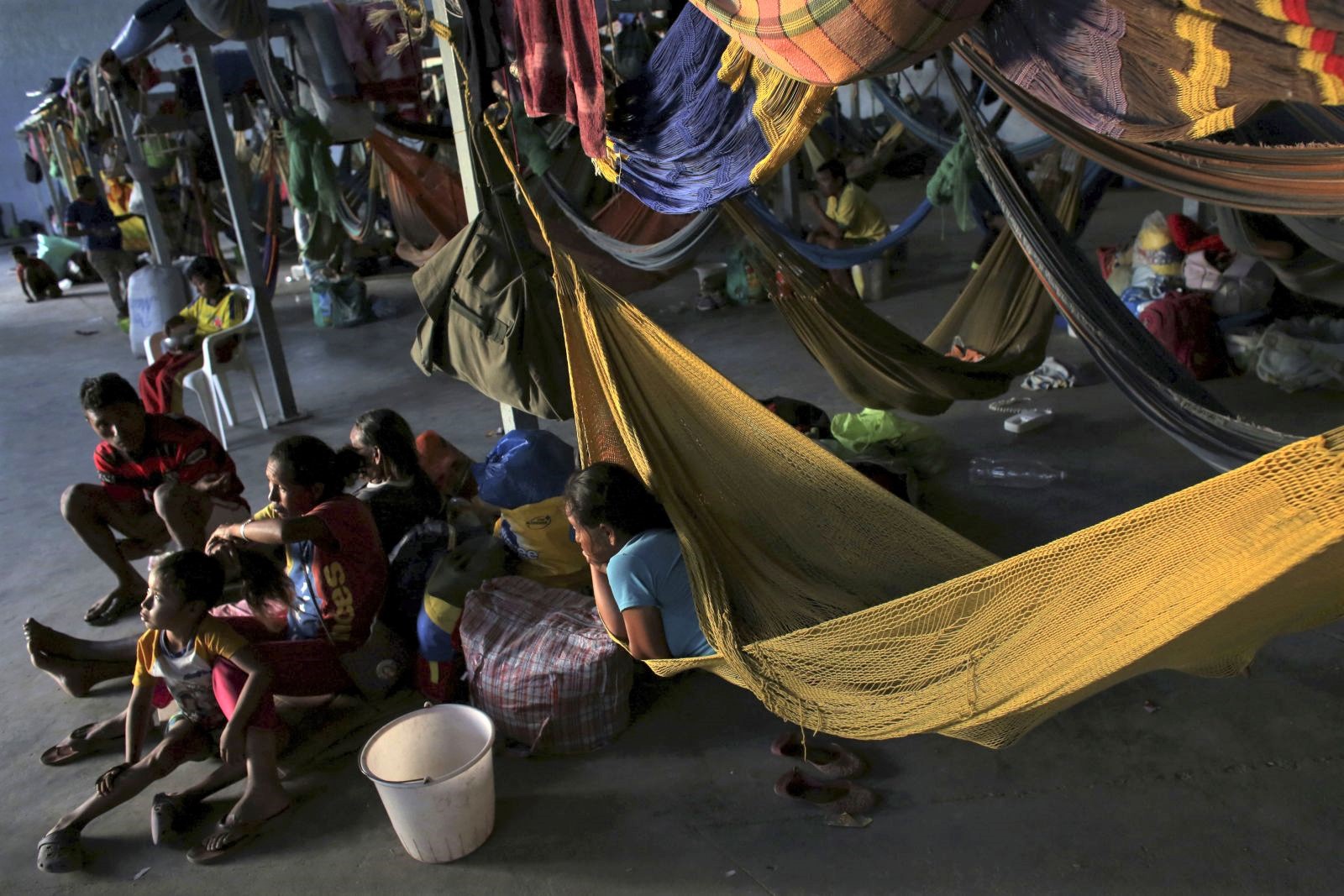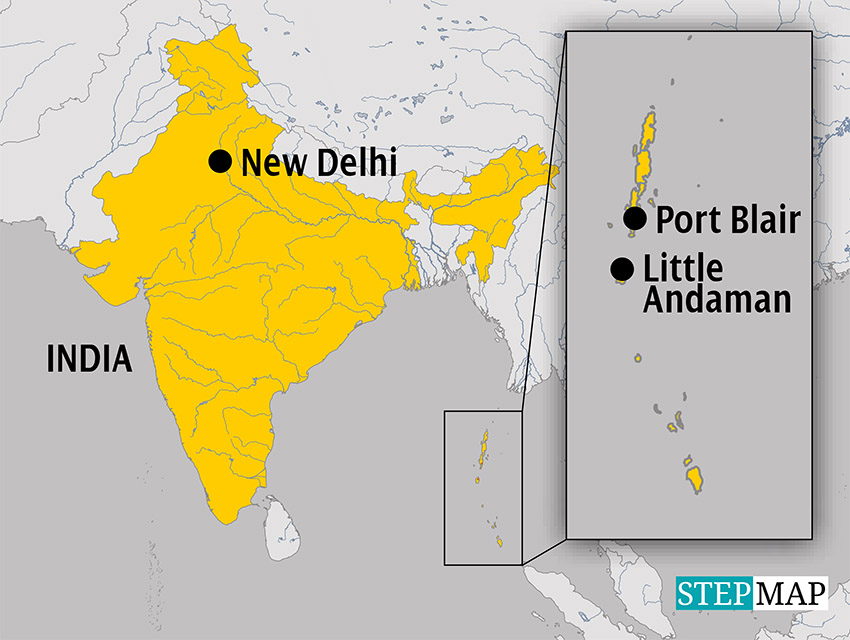Migration
Away from home

In 2012, according to World Bank data, some 200 million international migrants were not living in the country where they were born. In many countries, internal migration is huge too. In China alone, 230 million people are estimated to be living away from home. Most of them have moved from rural areas to cities in search of work. They typically keep property in their village, however, and family members stay behind too. Children for instance, are often left with grandparents, so they can continue going to school.
Migration causes emotional stress, but there are also serious social-security issues. In China, for example, the public system for health care and social services is tied to one’s registered residence. Anybody who works and lives elsewhere is excluded.
Cindy Fan of the University of California/Los Angeles says that Chinese people associate rural areas with poverty and urban areas with upward mobility. Many migrants, she adds, hope to make enough money in the city to build a big house in the village and send their children to better schools. Government statistics support her view, indicating that at most 40 % of China’s internal migrants want to stay for good in the places they moved to in search of a livelihood.
15 years in Johannesburg
That is hardly different in Africa. Loren Landau of South Africa’s Wits University reports that most people from East Africa who end up in South Africa’s agglomerations never intended to stay. Most want to move on to Europe or Australia, he told at a conference on multilocal households that the International Spacial Planning Centre of TU Dortmund, a German university, hosted in September.
According to Landau, some Somalian migrants have been living in the Johannesburg area for 15 years and still believe that they will not be staying for long. Municipal agencies and their leaders do not feel any responsibility towards them, the scholar says, since they believe that migration is a temporary phenomenon and that national authorities should handle it. In Landau’s eyes, all authorities systematically underestimate the fact that multilocal lifestyles are normal. Even when migrants leave a city, he points out, other migrants fast take their place. He regrets that statistics on the issue tend to be poor, and that authorities tend to neglect whatever data they have.
To illustrate his view, Landau refers to participatory budgeting. Following the Brazilian example, local governments in South Africa have begun to involve citizens in budget decisions. Migrants, however, do not get a say, even though they constitute a relevant share of the urban population. Problems are compounded because migrants themselves tend to feel that they do not belong where they live, Landau says. According to him, the challenge is to plan long term, identify problems early and avoid social tensions.
Foreign exposure can be beneficial for all parties concerned, says Alexander Seidel from the Frankfurt-based Centre for International Migration, an agency run by GIZ and the German job centres. He sees a “triple-win situation” with advantages for the migrants themselves, the places they move to and their home communities. Moldova is an example. Seidel reports that many people are returning to villages from foreign countries as well as Moldova’s cities. Not only remittances are proving useful, according to him, savings and work experience contribute to local development too. In his eyes, Moldovan authorities tend to underestimate the relevance of internal migration.
Seidel argues that municipal authorities and private-sector companies should tap migrants’ potential more systematically. His advice is to set up information centres where migrants work and where they come from. Such centres, he adds, would contribute to building trust in government agencies among the people.
Lea Ferno










